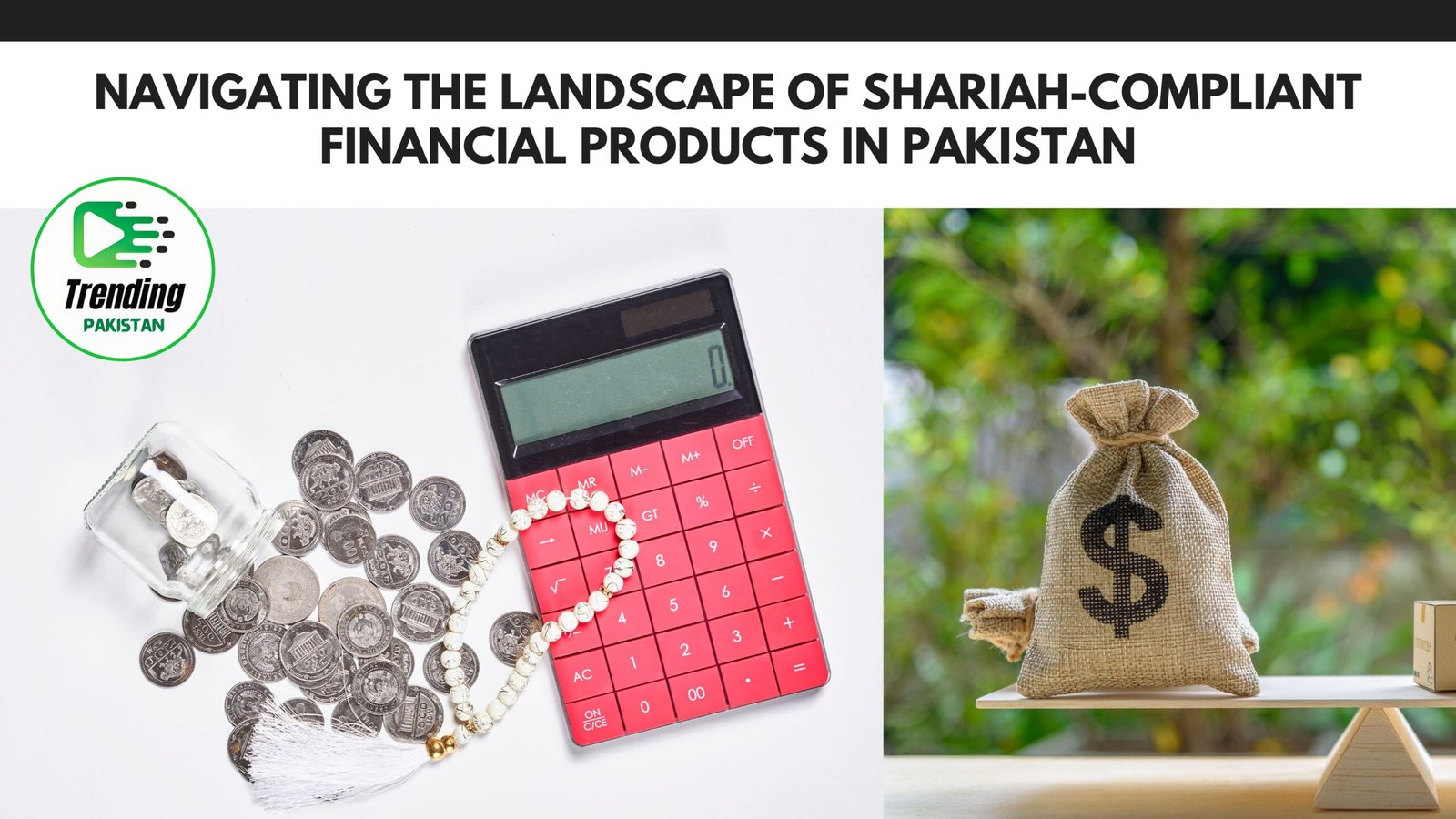
Navigating the Landscape of Shariah-Compliant Financial Products in Pakistan
Pakistan, a country with a predominantly Muslim population, has witnessed a surge in the demand for Shariah-compliant financial products in recent years. As the principles of Islamic finance continue to gain traction globally, Pakistan stands as a significant player in offering a variety of Shariah-compliant financial instruments. In this comprehensive guide, we delve into the landscape of Shariah-compliant financial products in Pakistan, exploring their significance, types, regulations, and the evolving market dynamics.
Understanding Shariah-Compliant Finance:
Shariah-compliant finance operates under the principles of Islamic law (Shariah), which prohibits certain activities such as charging interest (riba), engaging in excessive uncertainty (gharar), and investing in businesses considered haram (forbidden) such as alcohol, gambling, and pork-related products. Instead, Islamic finance promotes risk-sharing, ethical investment, and asset-backed transactions.
Significance of Shariah-Compliant Finance in Pakistan:
Pakistan, with its large Muslim population, has witnessed a growing demand for Shariah-compliant financial products. This demand stems from both religious adherence and a desire for ethical and socially responsible investment options. Additionally, Shariah-compliant finance offers an alternative to conventional banking for those who seek financial services aligned with Islamic principles.
Types of Shariah-Compliant Financial Products:
- Islamic Banking:
Islamic banks in Pakistan offer a range of Shariah-compliant services, including current accounts, savings accounts, financing for businesses and individuals, and investment products such as Mudarabah (profit-sharing) and Musharakah (joint venture). - Islamic Bonds (Sukuk):
Sukuk are Shariah-compliant bonds structured to generate returns without violating Islamic principles. These bonds are asset-backed and represent ownership in a tangible asset, project, or investment activity, providing investors with a share of profits rather than interest. - Islamic Mutual Funds:
Islamic mutual funds pool funds from investors to invest in Shariah-compliant assets such as stocks, commodities, and real estate. These funds adhere to Islamic investment principles and are managed by Shariah-compliant fund managers. - Takaful (Islamic Insurance):
Takaful is a Shariah-compliant alternative to conventional insurance, where participants contribute funds into a pool system to help protect each other against loss or damage. Takaful operates on the principles of mutual cooperation, shared responsibility, and transparency.
Regulatory Framework for Shariah-Compliant Finance:
The regulatory framework for Shariah-compliant finance in Pakistan is overseen by the Securities and Exchange Commission of Pakistan (SECP) and the State Bank of Pakistan (SBP). These regulatory bodies ensure compliance with Shariah principles, transparency in operations, and the protection of investors’ interests.
Challenges and Opportunities:
While the Shariah-compliant finance industry in Pakistan continues to grow, it faces challenges such as lack of awareness, shortage of skilled professionals, and regulatory complexities. However, with the government’s support and increasing demand for ethical finance, the industry presents significant opportunities for growth and innovation.
Future Outlook:
The future of Shariah-compliant finance in Pakistan appears promising, driven by the country’s large Muslim population, supportive regulatory environment, and increasing awareness of Islamic finance principles. As the industry evolves, we can expect to see a broader range of Shariah-compliant products and services catering to diverse investor needs.
Conclusion:
Shariah-compliant finance has become an integral part of Pakistan’s financial landscape, offering ethical and socially responsible investment options for individuals and businesses. With a robust regulatory framework and growing demand, the industry is poised for continued growth, contributing to the development of a more inclusive and sustainable financial ecosystem in Pakistan. As awareness and understanding of Islamic finance principles deepen, Shariah-compliant financial products are likely to play an even more significant role in shaping the country’s financial future.








